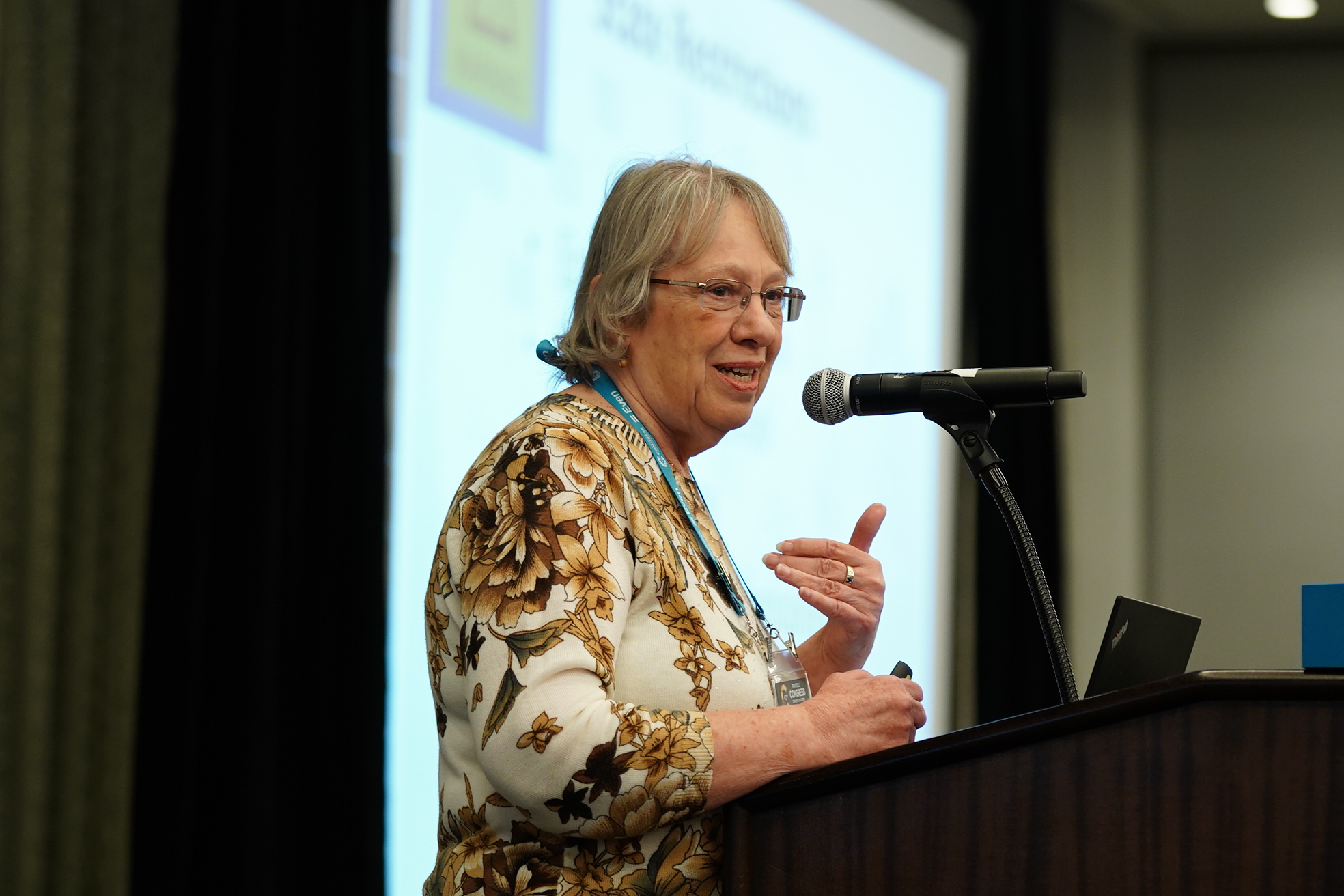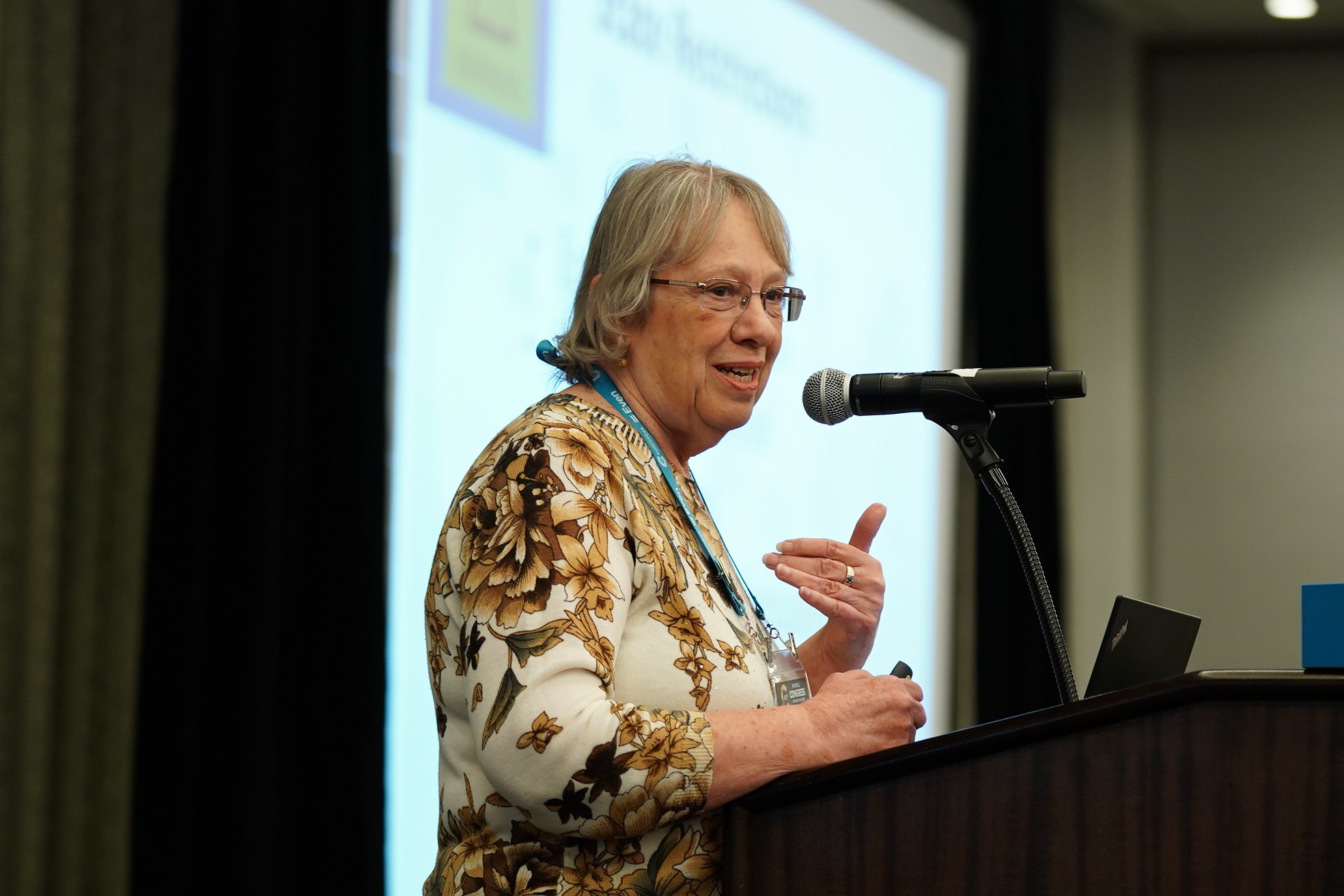Kiko Martinez & Toni Gonzales
May 11, 2022
Workshop on Overpayments Relevant for All Types of Payroll Environments


In the Payroll Management and Operations education track, Payroll Congress attendees were offered workshops on topics critical to the efficiency of the payroll process and those that assist in identifying and resolving compliance issues within an organization.
One of these workshops was “Overpayments: What Can We Do?” presented by Gretchen Inouye, CPP, Payroll Consultant, and Karen Ward, CPP, Director of Payroll Training at APA. The workshop was so in demand, it was a standing-room-only event this year.
“Congress is an important place to present this workshop because we have so many shared experiences in payroll, including overpayments,” Inouye said. “Being with so many other payroll professionals and being able to learn with them and from them is really what Congress is all about.”
Whether a veteran payroll professional or a rookie, overpayments can be complicated and time-consuming to deal with. Inouye hoped that no matter how much experience you have in the industry, a workshop like “Overpayments: What Can We Do?” could help anyone make important decisions for their companies if they ever face these kinds of challenges.
“We hope attendees learned about the issues surrounding overpayments that are about more than recovering money and correcting tax returns,” Inouye said. “We also hope they found information and solutions relevant to their own environments with the understanding there is not an absolute one-size-fits-all approach.”
Ward said Payroll Congress is a great platform to “get the word out” to others who touch the lives of America’s workforce and that it’s an event that can provide information to those working in payroll to ensure they are compliant. During the workshop, she explained why it’s common for employers to offer different types of incentive payments to entice new talent, such as sign-on bonuses, or retain talent, like education or student loan reimbursement.
“Employers want to ensure talent retention; therefore, they often place minimum service requirements upon these payments, which when not met, have a repayment clause,” she said. “While repayments sound simple, they can be quite a bear and with this session we are providing the information to be compliant, while offering up other ways to offer incentive payments without the repayment nightmare.”
Monica Reeves, Payroll Systems Manager at Service King in Richardson, Texas, learned something new at the workshop. She said she never knew that states had a timeframe where they could take overpayments back.
“Right now, if I overpay someone this week, I don’t let you know, and I am taking it back," Reeves said. "We just take it back."
With the education she received at the workshop, she now knows that with the employees she pays in California, she can do something that she had never done before.
"I’ve always been told that if you overpay someone in California, don’t take it back," she said. "Now, I know that I can as long as I notify them and they approve it. I didn’t know that before."




